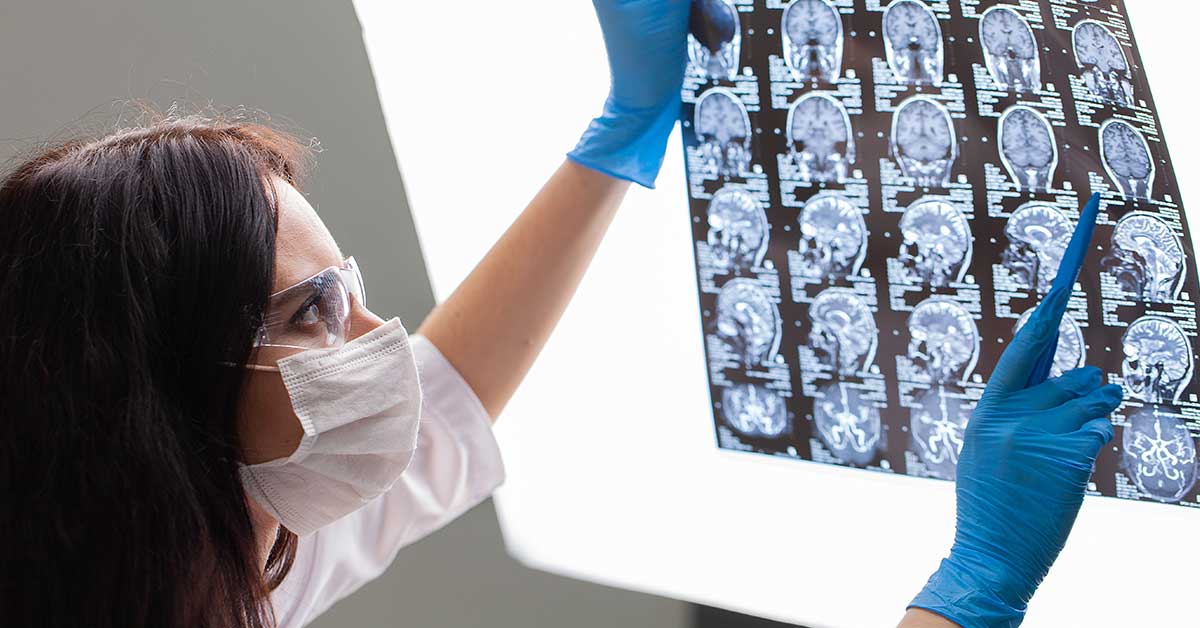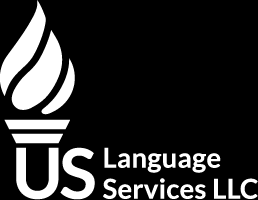How to Work in the U.S. As a Foreign-Educated Radiology Technician

Radiology technicians are essential healthcare workers, and many individuals study long hours to achieve a career in this respected field. Radiology technicians in the United States benefit from stable careers and decent pay. According to the U.S. Bureau of Labor Statistics, the average pay for radiology technicians ranges between $59,110 and $100,870, with the median annual salary being $77,360. If you are a foreign-educated radiology technician and you want to know how to practice your profession in the United States, our guide is here to help you. Below, we answer your essential questions about this process such as:
- What Is the Process for Working in the U.S. As a Foreign-Educated Radiology Technician?
- How Much Does It Cost to Work as a Foreign-Educated Radiology Technician in the U.S.?
- How Long Does It Take To Work as a Foreign-Educated Radiology Technician in the U.S.?
- Are There Any Restrictions to Working as a Foreign-Educated Radiology Technician in the U.S.?
- What Are the State-Specific Requirements for Foreign-Educated Radiology Technicians?
- What Are the Immigration Requirements for Foreign-Educated Radiology Technicians?
- Where Can I Get a Certified Translation?
What Is the Process for Working in the U.S. As a Foreign-Educated Radiology Technician?
This process involves several education, examination, and licensing steps. It’s important to note that states handle licensing for radiology technicians on an individual basis, and some states don’t require licenses at all, so it’s important to understand what your chosen state requires before starting this process. The steps for working in the U.S. as a foreign-educated radiology technician include the following:
- Your first essential step in working as a radiology technician in the U.S. is making sure your radiology education meets U.S. standards. in addition to an educational program in your specific radiologic field, at a minimum, you will need to have the equivalent of an associate’s degree. These programs will need to have been completed with a program that is accredited or recognized by the American Registry of Radiologic Technicians (ARRT). ARRT lists accrediting agencies, including some international ones, in this chart for you to review.
For international applicants applying for certification through ARRT, ARRT requests that you obtain a credential evaluation of your foreign degree through the National Association of Credential Evaluation Services (NACES), the Association of International Credential Evaluators (AICE), or the Center for Educational Documentation (CED).
- After you have met all education requirements for U.S. radiology technicians, and you have reviewed ARRT’s ethics requirements, you will then be eligible to apply to take the ARRT exam. This examination determines your eligibility for ARRT certification, which is required by the majority of states before you are able to obtain a job in your specific radiology field. Make sure you double-check your state’s specific requirements to see if ARRT certification or a different state-specific type of certification is required.
- Once you have passed the ARRT exam and obtained ARRT certification, you will need to receive a license in the state you wish to work in. It’s important to note that not every state requires a license, though the majority of states do. During the license application process, you may be required to submit proof of your foreign credentials, your credential evaluation, examination scores, and ARRT certification. Utilize this directory of state radiologist licensing boards to find more detailed information.
- The final step in this process is ensuring that your immigration status is up to date. You will need to obtain a visa or a green card that allows you to live and work in your chosen state; there are several options available for radiology technicians, as this is considered a healthcare profession, and you shouldn’t hesitate to contact an immigration lawyer with any questions.
How Much Does It Cost to Work as a Foreign-Educated Radiology Technician in the U.S.?
The process of becoming a radiology technician in the U.S. is not inexpensive, as you will need to factor in the cost of any additional education requirements, credential evaluations, examinations, and certification or licensing fees as needed. You will also need to pay for immigration costs, and these can be some of the most expensive parts of this process, after meeting education requirements. Overall, expect this process to cost several thousand dollars once you take into account all application, exam preparation and registration, state licensing costs, and immigration fees.
How Long Does It Take To Work as a Foreign-Educated Radiology Technician in the U.S.?
Becoming a foreign-educated radiology technician in the U.S. takes between 2 and 4 years on average, maybe longer if you need to meet many additional education requirements. You will need to ensure that you have at least an associate’s degree, and this could take up to two years to complete if you need to obtain a whole new degree (this depends on how your foreign credentials convert to their U.S. equivalent). You will also need to complete the ARRT-required education program for your specific radiology field and take a few months to prepare for the ARRT exam so you can obtain certification. State licensing, if it is required in your chosen state, may take a month or two as you gather papers and submit applications, and the immigration process tends to take between 1 and 2 years depending on your visa type and specific immigration situation.
Are There Any Restrictions to Working as a Foreign-Educated Radiology Technician in the U.S.?
Once you have met all education, examination, and state licensing requirements for U.S. radiology technicians, and you have obtained the correct visa or green card for your situation, you will be able to work as a foreign-educated radiology technician in the U.S. without restrictions. Make sure that you keep up to date with any ongoing ARRT education requirements, state license renewal requirements, or immigration requirements.
What Are the State-Specific Requirements for Foreign-Educated Radiology Technicians?
States handle the licensing of radiology technicians differently, and while some states may require both ARRT certification and a state license, some states may only require one or the other. It’s important to check with your chosen state for the requirements you need to meet before you are allowed to practice in that jurisdiction. In most states, you will need to submit an application for licensing, take additional state ethics exams, show your proof of education and credentials, and pay a licensing fee. You may also need to keep up with ongoing education requirements and license renewal standards. ARRT provides more insight into state licensing regulations and requirements.
What Are the Immigration Requirements for Foreign-Educated Radiology Technicians?
Radiology technicians have a few different options to choose from when it comes to immigration. You may be able to take advantage of visas for healthcare workers or have your U.S. employer sponsor your visa. The main visa types that you should be researching include the H-1B visa, employment-based EB-2 or EB-3 visas, or the TN NAFTA Professionals visa. You might also need to look into a student visa if you have plans to complete parts of your radiology education in the U.S. before you transition to a work visa to officially practice as a radiology technician. If you have any questions about immigration or you need guidance for this process, contact an immigration lawyer for further advice and assistance with your specific immigration situation.
Where Can I Get a Certified Translation?
Certified translations are vital to obtain during the process of becoming a foreign-educated radiology technician in the U.S., and you will most likely need a certified translation of your official documents as part of the credential evaluation step. Certified translations may also be needed during the state licensing application process or as part of your visa application. Visit our online store to obtain certified translations of all of your important documents, such as:
- Diplomas
- Academic transcripts
- Business licenses and certifications
- Resumes and employment records
- Birth certificates
Guaranteed Acceptance
All our certified to English translations are accepted by the USCIS. Our translations follow the guidelines established by the USCIS and are also accepted by educational institutions.
Most Requested Documents
FAQs
You can order most translations 24 hours a day, 7 days a week through our online store. For large projects (more than 20,000 words or 50 pages), please request a quote.


